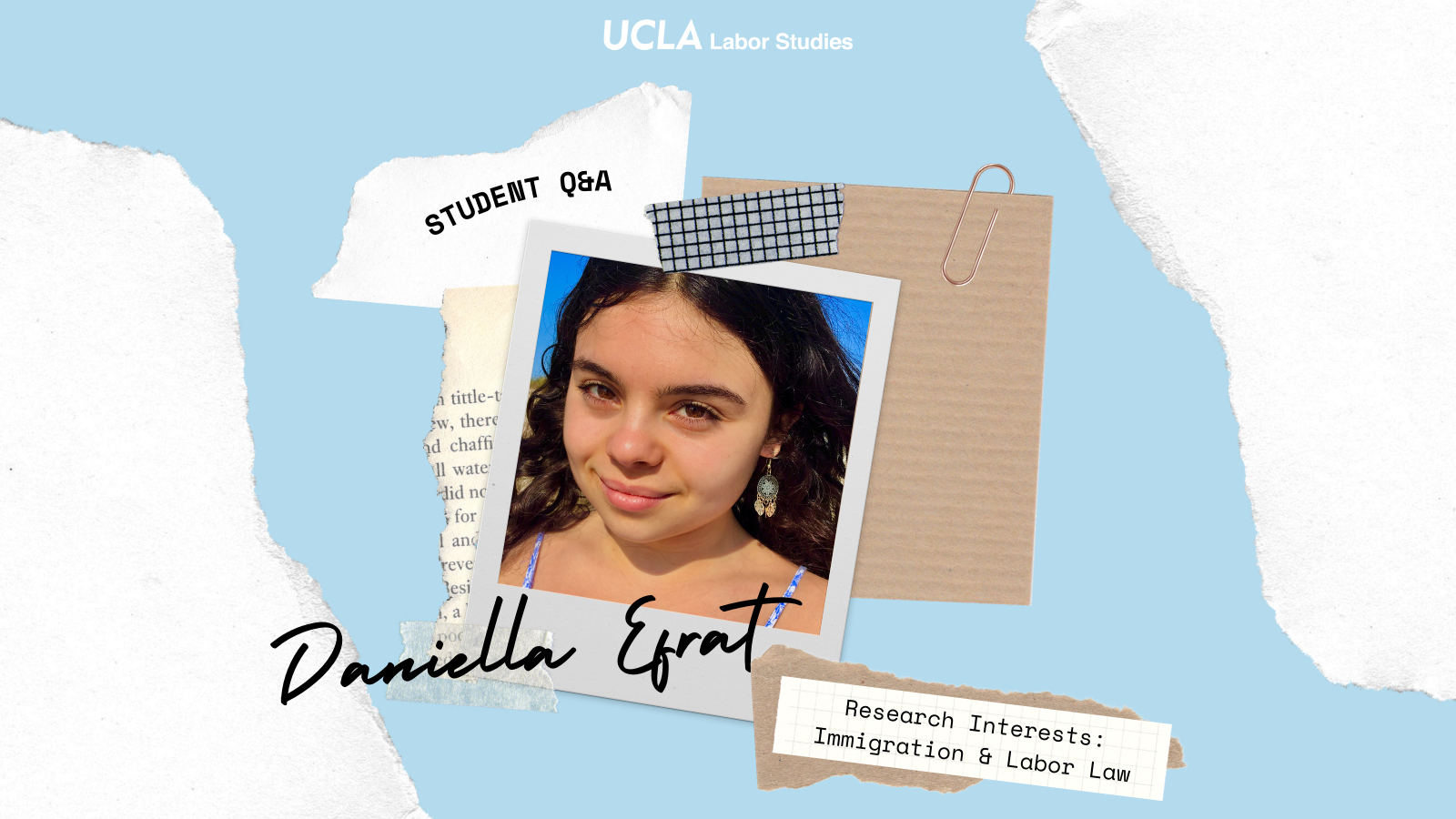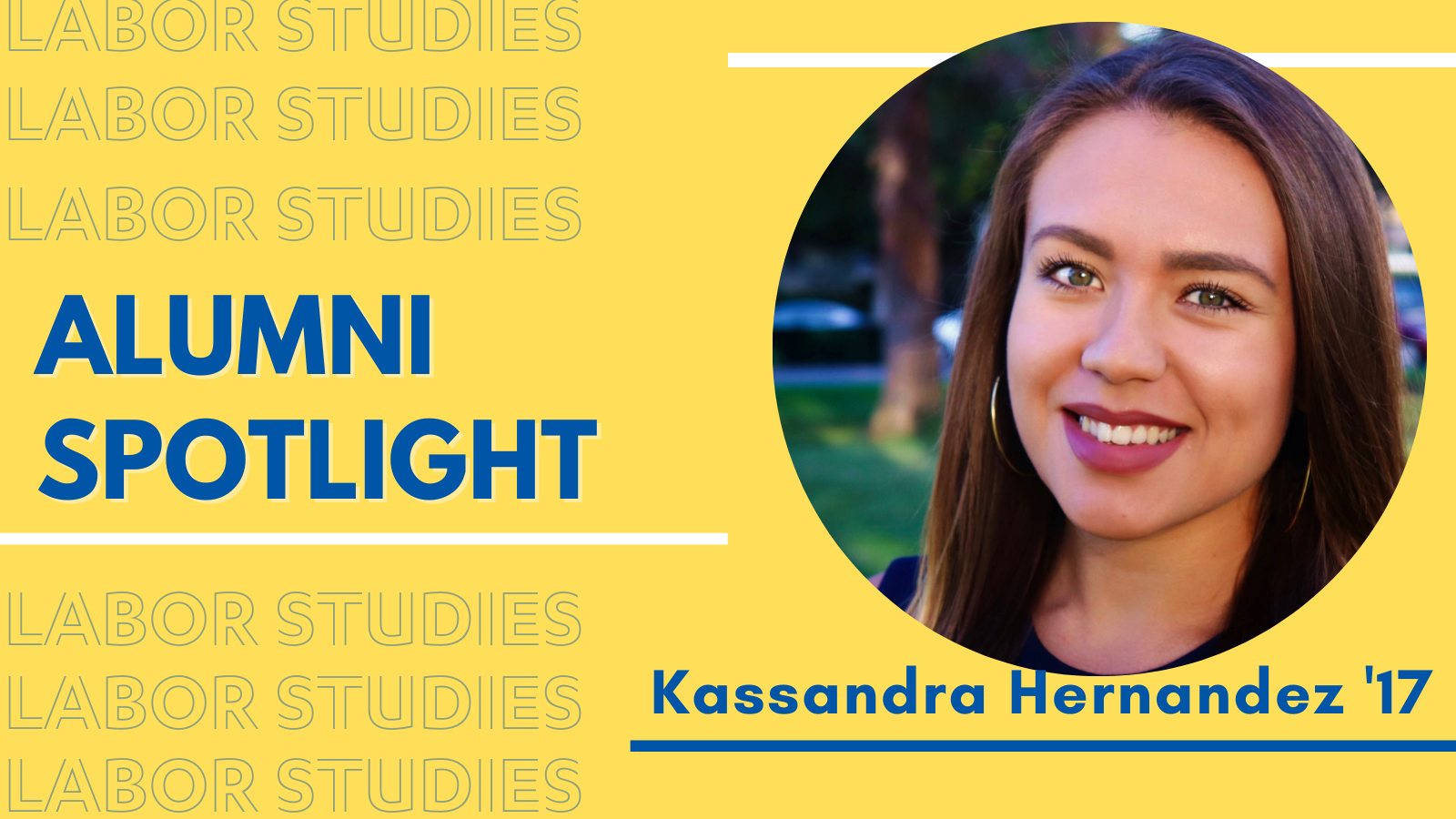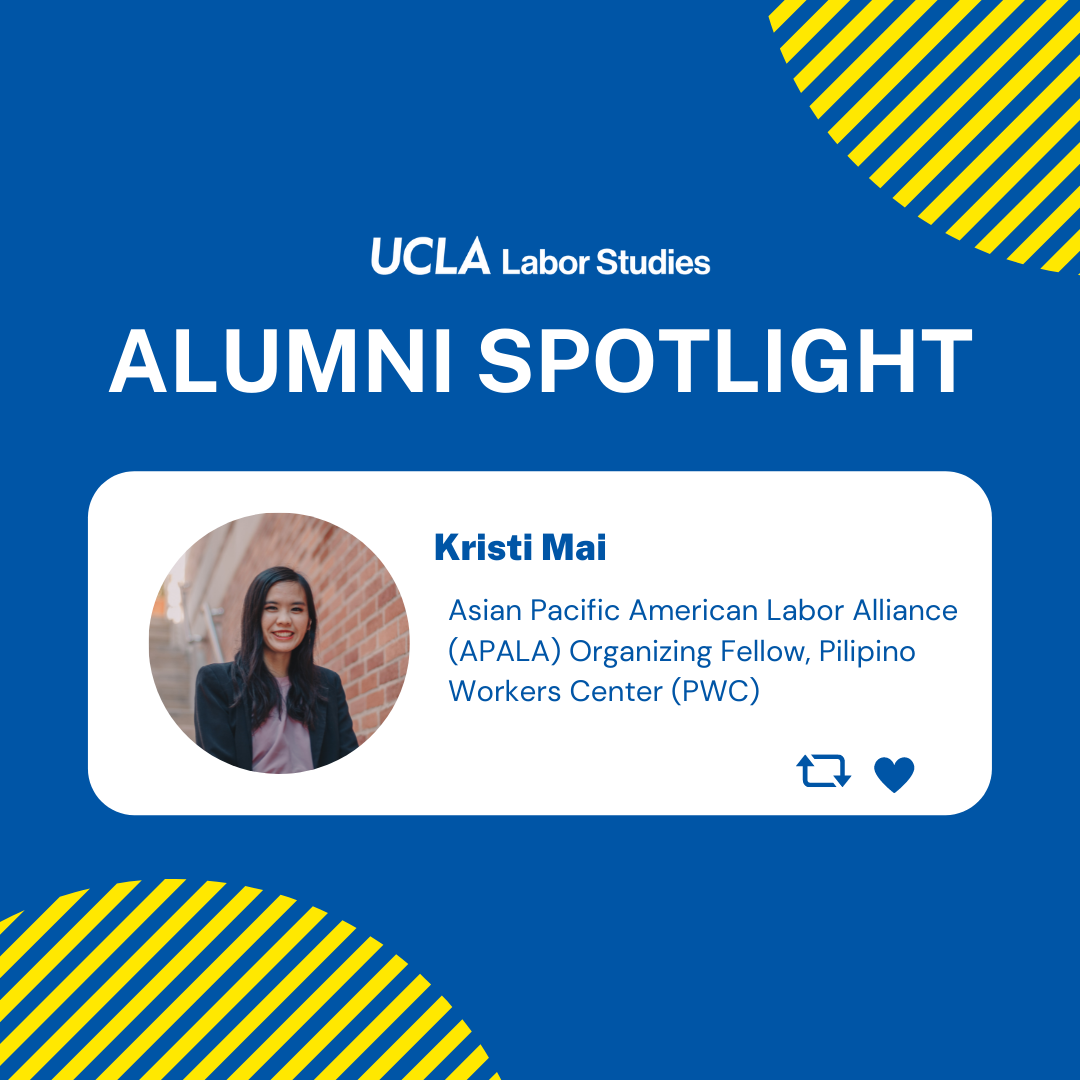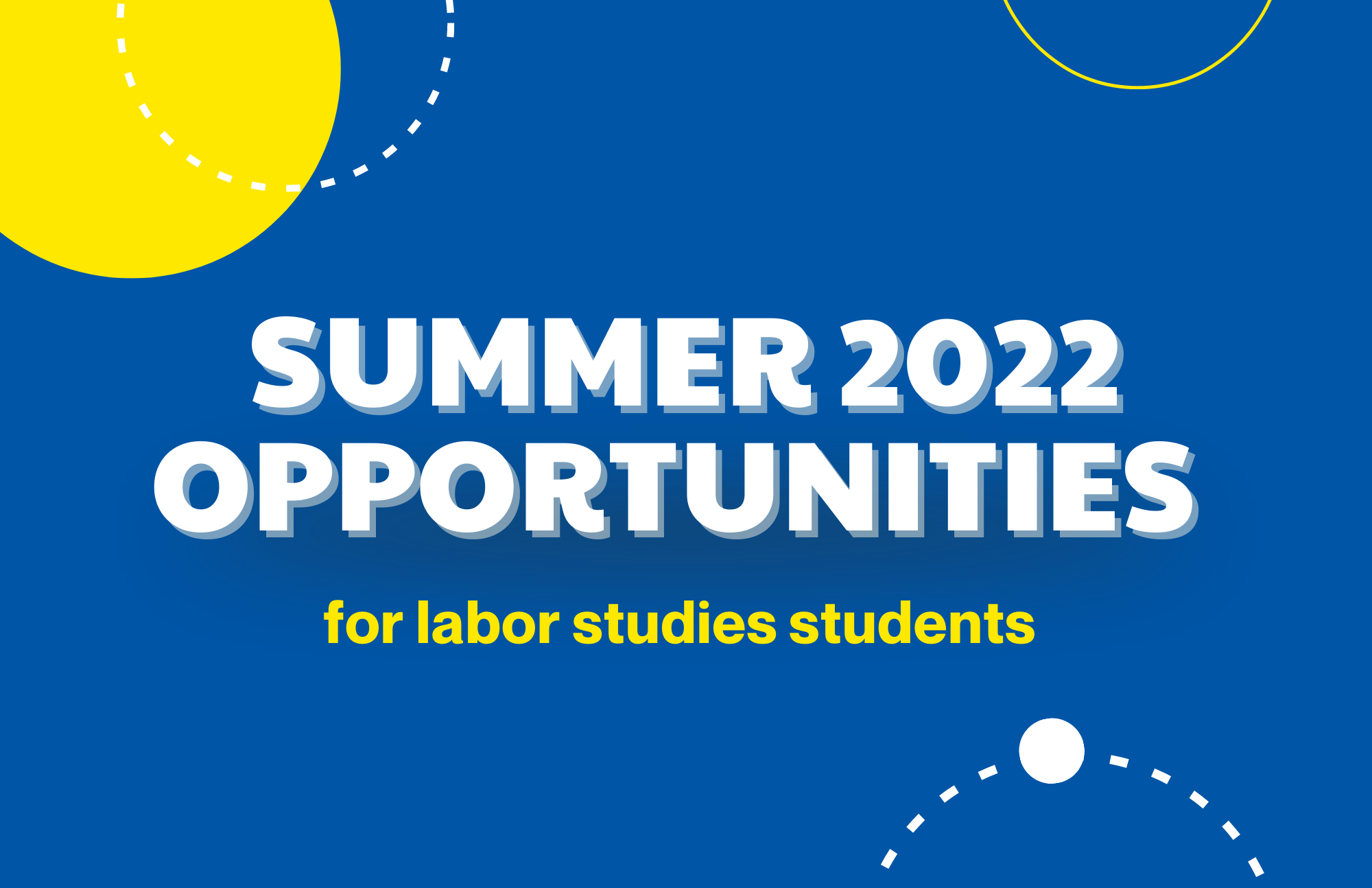Student Researcher Q&A: Daniella Efrat on Immigration & Labor Law
Student Researcher Q&A: Daniella Efrat on Immigration & Labor Law
by Vanessa Codilla
Students in the Labor Studies Interdepartmental Program are able to conduct independent research through LBR STD 199 – Directed Research in Labor and Workplace Studies. This contracted course consists of supervised individual research under the guidance of a faculty mentor and requires a culminating paper or project. Labor Studies Minor Daniella Efrat is conducting her research on the intersection of labor and immigration law with Professor Victor Narro as her Faculty Mentor. Learn about her research experience below!
1. Can you tell us a little bit about yourself and your research interests?
My name is Daniella Efrat and I’m a third year transfer student majoring in political science and minoring in labor studies. I’m very much interested in immigration and labor law and the intersection between the two. I first got involved with labor studies back when I was a community college student through the Labor Summer Research Program (LSRP). I got to interview different student workers about violations and noticed that wage theft was commonly experienced due to lack of education about their rights. I became interested in learning more about wage theft, what causes it, and ways to ameliorate the situation.
The following year, I interned at the wage unit in the California Labor Commissioner’s Office and met a lot of people who were asserting wage claims. I noticed a lot of the people there were undocumented, so I became interested in the intersection between labor and immigration. Specifically, I wanted to learn more about how an individual’s status can sometimes impede on or make them fearful of asserting a claim that they are legally allowed to make.
2. What is your independent research project topic?
I’m currently working on an article for the Undergraduate Law Journal, with Professor Victor Narro as my faculty mentor, titled “Immigration Related Retaliation Facing Undocumented Low-Income Workers.” In the article, I give an overview about wage theft and employer-based retaliation and review how the legal and statutory protections for undocumented workers have evolved.
I learned that there is a memorandum with the Department of Labor and the Department of Homeland Security that protects an undocumented worker from being taken by immigration authorities if they are pursuing a wage claim. However, that is just a memorandum and there is nothing explicitly codified in the law to protect them. As a result, a lot of undocumented workers are treading on water because although there are a lot of promises of protection, nothing’s really legally binding. At the end of my article, I argue that there is a need to codify these protections so that they are not up for different interpretations at different courts and agencies.
3. How was your experience conducting independent research remotely?
Since this is an independent project rather than collaborative, I didn’t come across any issues conducting the research remotely rather than in-person. The good thing about it is that it provides more flexibility in regards to time I can spend during the evenings to work on it.
4. What skills have you learned from your independent research experience?
I learned about citations and legal writing skills, which are important if you are considering going into law school. In general, I also feel more comfortable with researching and now know which libraries and databases to search for information from. Finally, I learned how to build a coherent message.
5. What advice would you give others who are considering pursuing their own independent research project?
Don’t be afraid to reach out to professors. It can be intimidating at first, but many professors are happy to help and are much more friendly and open than you think they are! If you want to do independent research, look up your department’s professors, their research interests, and previous publications. Then, email them to make a connection and ask if they are willing to mentor you. I think that’s the key – making a connection with a professor, who is knowledgeable or an expert in your topic of research, and receiving advice from them.
6. What’s the most fulfilling part of working on your project?
Probably being able to answer my questions. I came in asking: what have the trends been for undocumented workers and how are these workers protected from employer retaliation actions? In answering my questions I learned about how these protections evolved since the passage of the Fair Labor Standards Act, which protects employees from employer-based retaliation. Now I can tell others that I’ve read and made arguments about this topic. It’s super cool that I was able to do this all as an undergraduate student, too!
* This interview has been edited and condensed for clarity.











